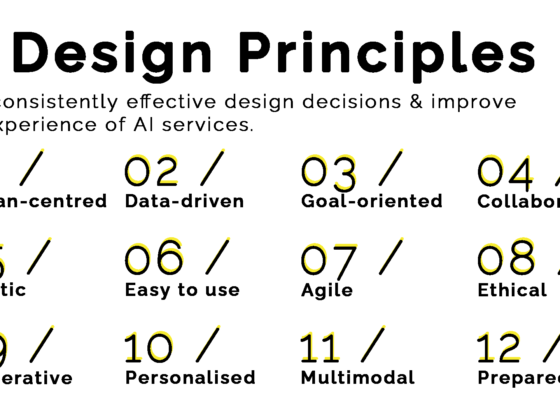Conversation design tooling company, Voxable, has released the world’s first digital assistant specifically to help conversation designers.
The Voxable Design Assistant utilises OpenAI’s advanced GPT-3 NLU and helps generate user responses and the beginnings of high-level training data for conversational applications.
How it works
After writing a prompt for a bot from within the Voxable tool, users can then click a ‘lightening bolt’ icon and sample user responses are generated automatically, saving conversation designers time and effort.

Voxable Design Assistant generating a bot response. Source: Voxable
The magic of GPT-3
GPT-3, the advanced NLU from OpenAI, is beginning to find its feet in real world applications, already being used to assist with writing code for general software applications.
This is the first example of the technology being used to help in the design of conversational systems specifically.
An NLU system that helps people design NLU systems… very meta.
Why it’s important
You might think this is a narrow example of what this technology can achieve, though it’s really non-trivial. It solves a real problem and shows a glimpse at the potential of this technology when applied specifically to conversation design. It’s a great first step at helping to streamline and automate some of the more laborious tasks a conversation designer has to do.
Kane spoke recently on the future of conversational AI applications, and we’ve interviewed the kind of companies that are bringing that future to light, such as Wluper and Hyro. Those companies are augmenting the implementation of NLU systems by streamlining the development process, having the technology handle most of the heavy lifting.
Voxable is coming up the stack to the design phase and applying the same time-saving, Lean principles to the creative process, removing the wasteful tasks that don’t add direct or immediate value to the end user of the application.
The future
It’s not too difficult to imagine where the Voxable Design Assistant could expand into. Defining more detailed training data and autogenerating synonyms for entities would both be great additions.
But why stop there? What if the assistant could actually create bot responses, too?
Already ahead of you. Below is an example from earlier this year of a beta feature showing how the Voxable Digital Assistant could help you do just that:
This is a great example of how not resting on your laurels, not taking how we do things for granted and applying emerging technology to real world problems, can lead to great innovations.
We look forward to seeing where this goes next.




